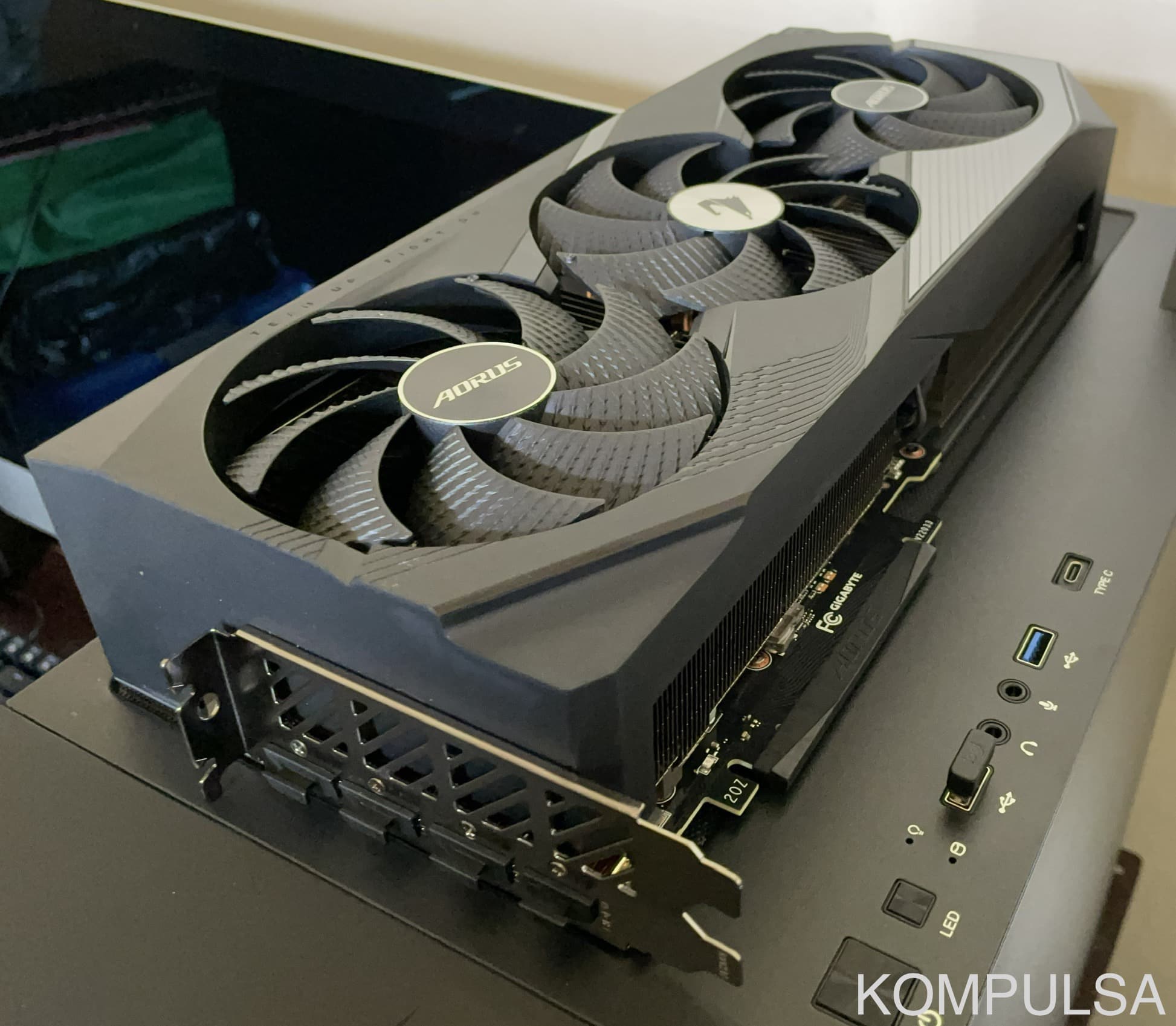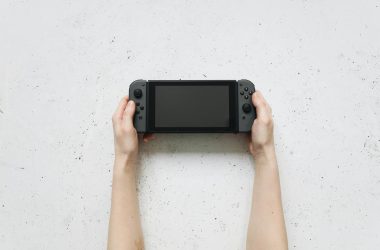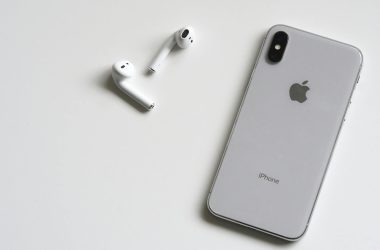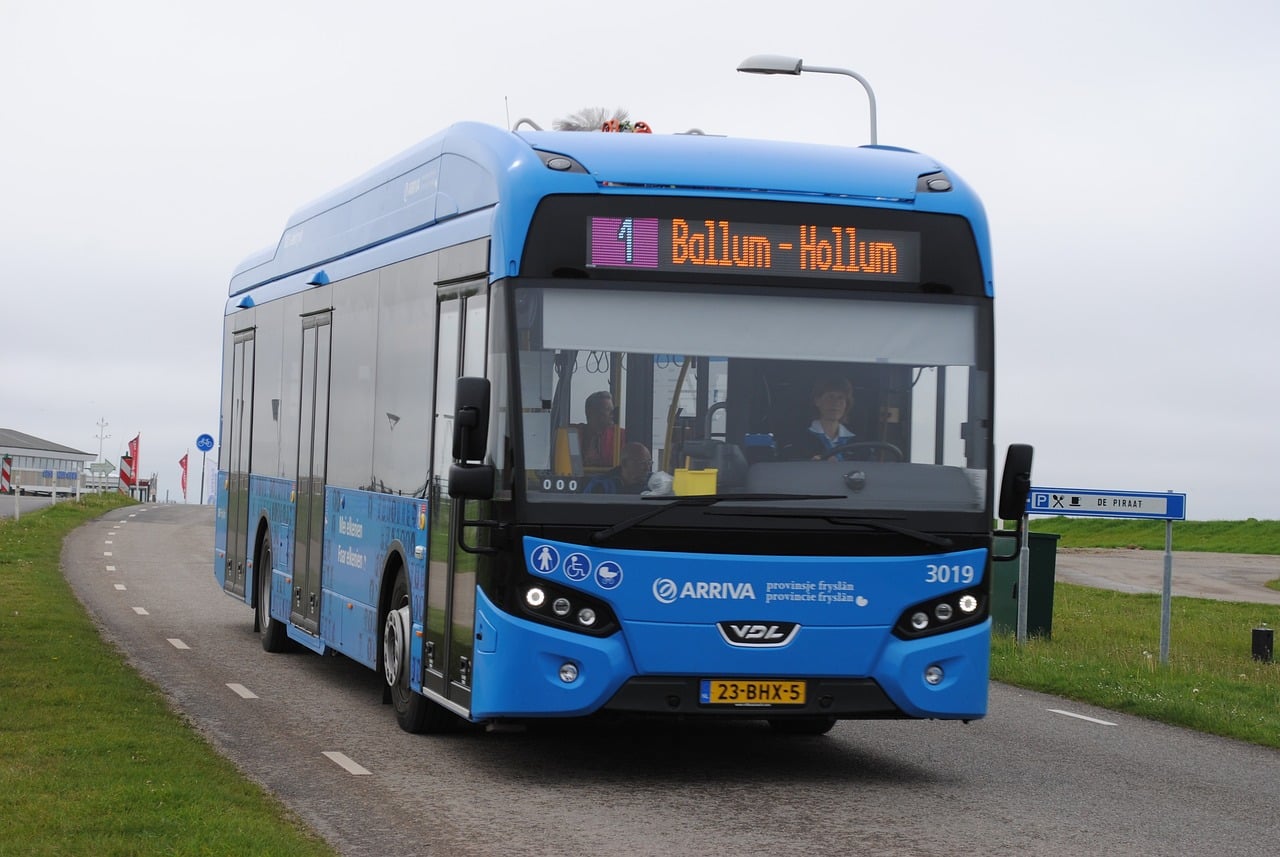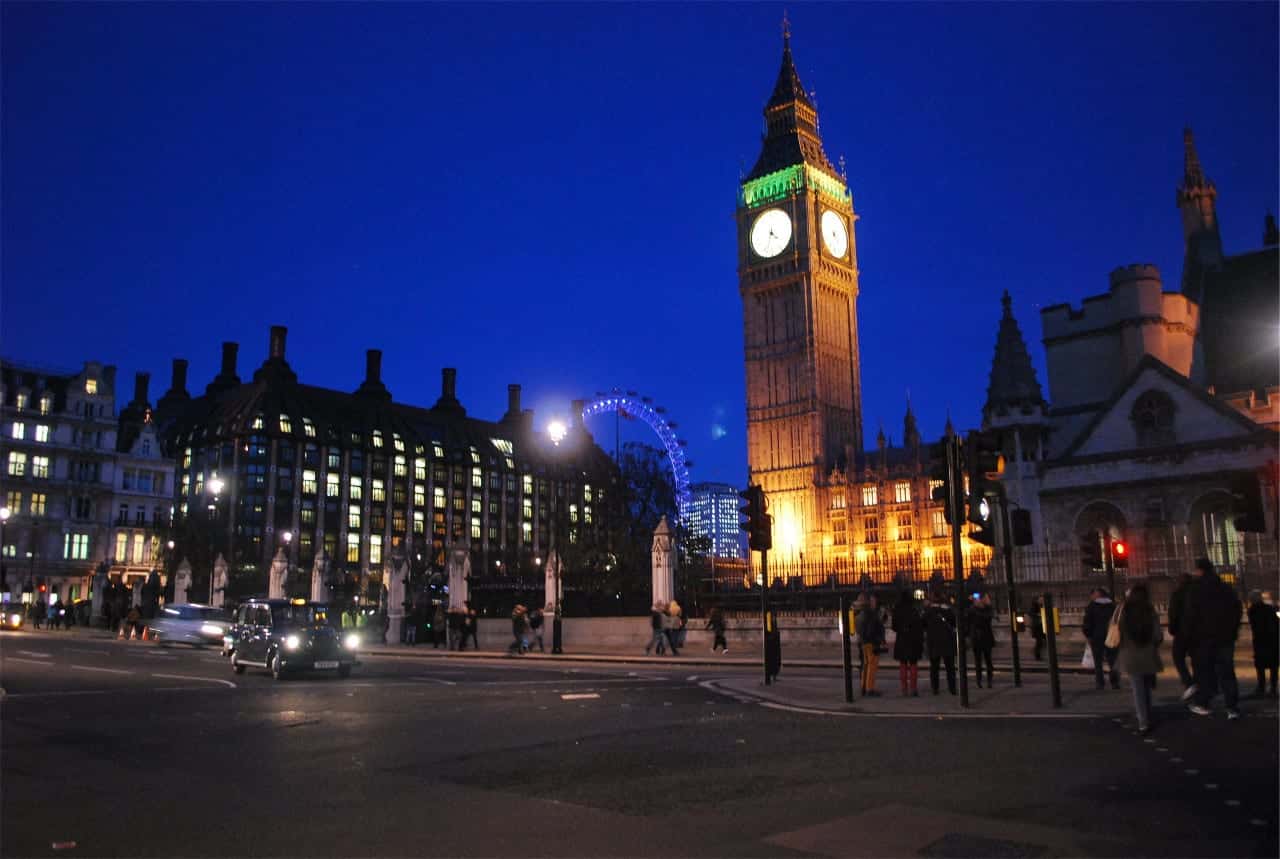Elon Musk knew that breaking the Tesla Model S into the Chinese automobile market would be difficult, but the outcome was even worse than he anticipated.
China is the most populous country in the world with a population of 1.35 billion people, and it has an impressive nominal GDP of $9.47 trillion USD. Of all the economic metrics used to judge a country’s economy, the GDP is not an appropriate metric for determining how good a market is. A high GDP and impressive exports are impressive, but who is making that money?
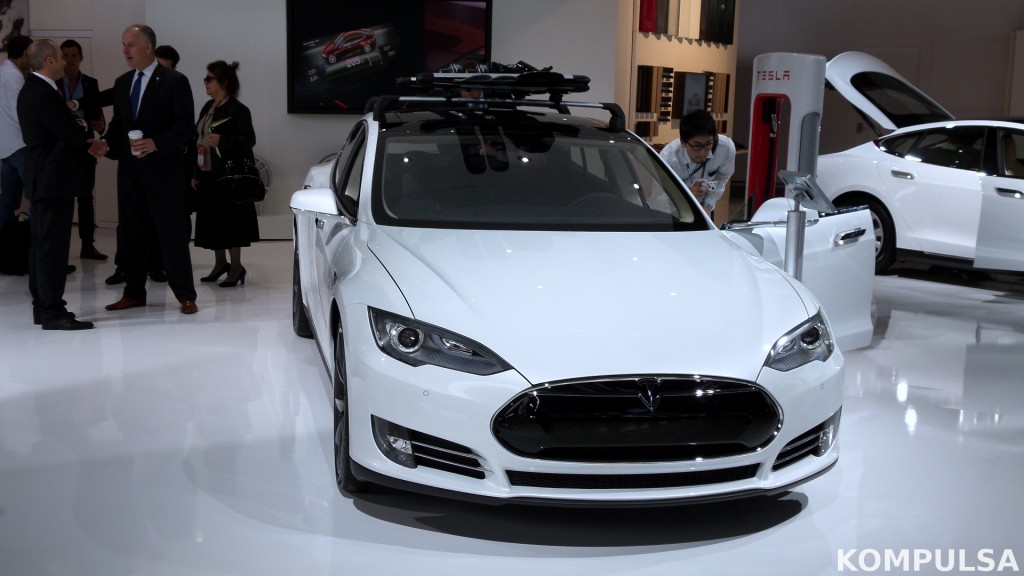
Camera: Samsung WB30F.
According to Investopedia, a country’s GDP is ‘The monetary value of all the finished goods and services produced within a country’s borders in a specific time period, though GDP is usually calculated on an annual basis’. Therefore, the GDP isn’t a clear indicator of how the middle class is doing. As for the question I raised about who is making all those trillions of dollars. That is everyone collectively, but a large fraction of that is attributable to corporations. Unfortunately, a large GDP doesn’t necessarily mean that the people are doing well.
The average income in China’s private sector is 28,752.00 CNY ($4,605 USD) per year, according to CNN’s global wage calculator. That isn’t enough to pay for a Tesla Model S, but no one said this was a vehicle for the masses, as the Tesla Model S is an expensive car. The average American can’t afford it either, but the average American’s income is much higher at approximately $33,000 USD per year, making Americans more capable of such a purchase (despite the lower living-expenses in China).
Elon Musk is very disappointed, and says that Tesla can’t afford to subsidize a region in the long term.
According to Chris DeMorro of Gas 2:
‘Last month Tesla sold just 120 Model S sedans in China , far short of Musk’s lofty ambitions that China sales would rival U.S. sales as early as this year. Tesla had seemed to get off to a great start with over 4,000 reservations, but sustained sales have remained elusive, and that means heads will roll. Musk has already demonstrated his willingness to replace ineffective cogs, having already replaced Tesla’s China manager twice, first back in March of 2014 when Kingston Chang was asked to step down, and more recently with the firing Veronica Wu, who had replaced Chang.’
Other Factors That Can Complicate Market Research
Wealth Distribution Among The Rich
Not everyone is just ‘wealthy’. Some are a little rich, some moderately rich, very rich, terribly rich, and even stupendously wealthy. The Tesla Model S is not for the middle class or low-income families, and it is not for the stupendously rich either. It’s a nice car, but it isn’t a $500,000 Rolls-Royce Phantom or a Ferrari. It is for moderately wealthy people with a price ranging from under $70,000 to $120,000 USD. What Tesla Motors needs in China is many of those wealthy people who are willing to buy an entry-level luxury sports car like the Tesla Model S.
Preferences Of The Wealthy In China
As we all know, some wealthy people are very frugal, while others live extravagantly. Chinese people are known for being relatively frugal. This is an admirable personality trait, but to manufacturers of expensive items (like Tesla Motors), this is an impediment to their business’ success. They need to sell cars.


